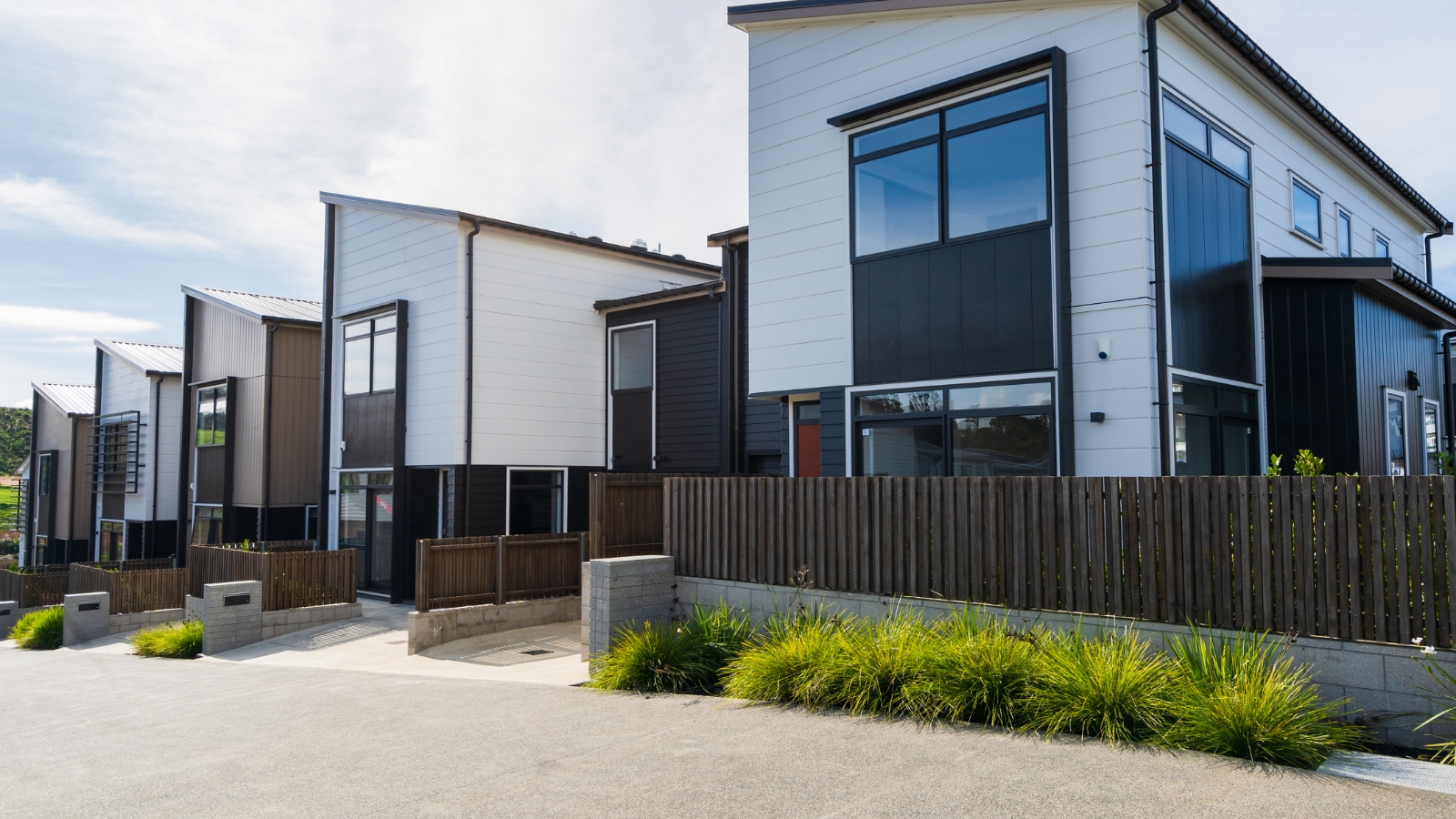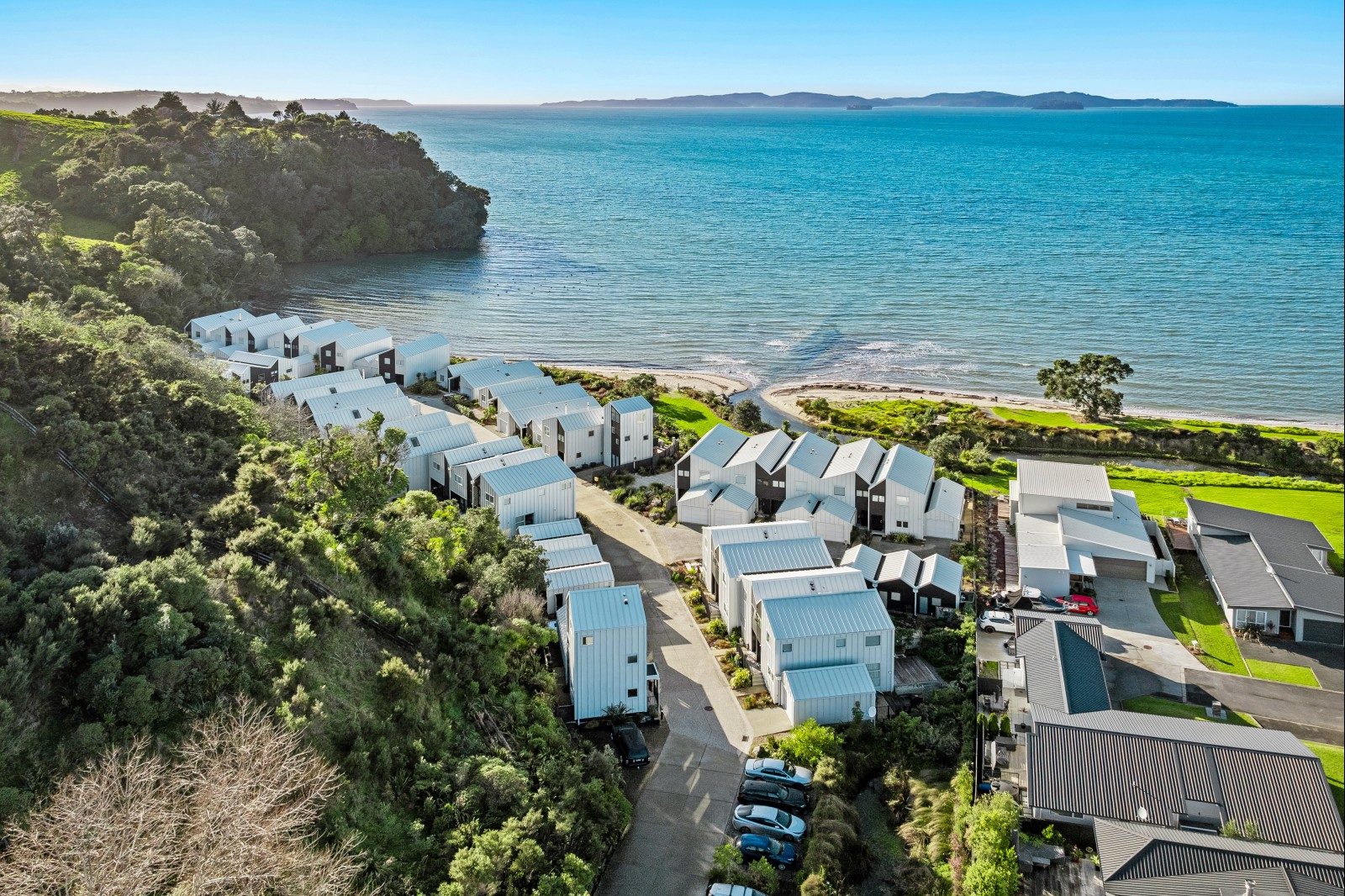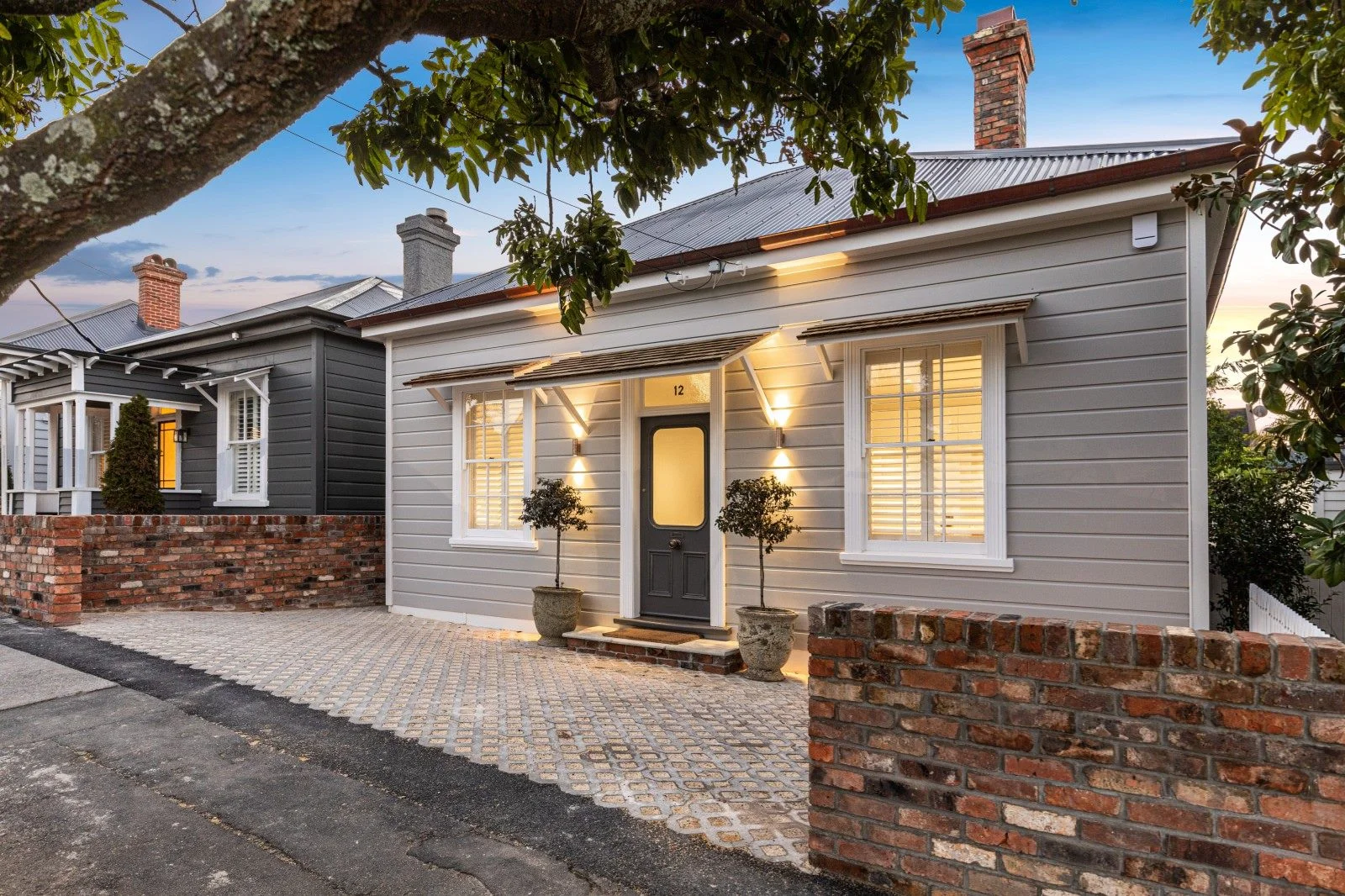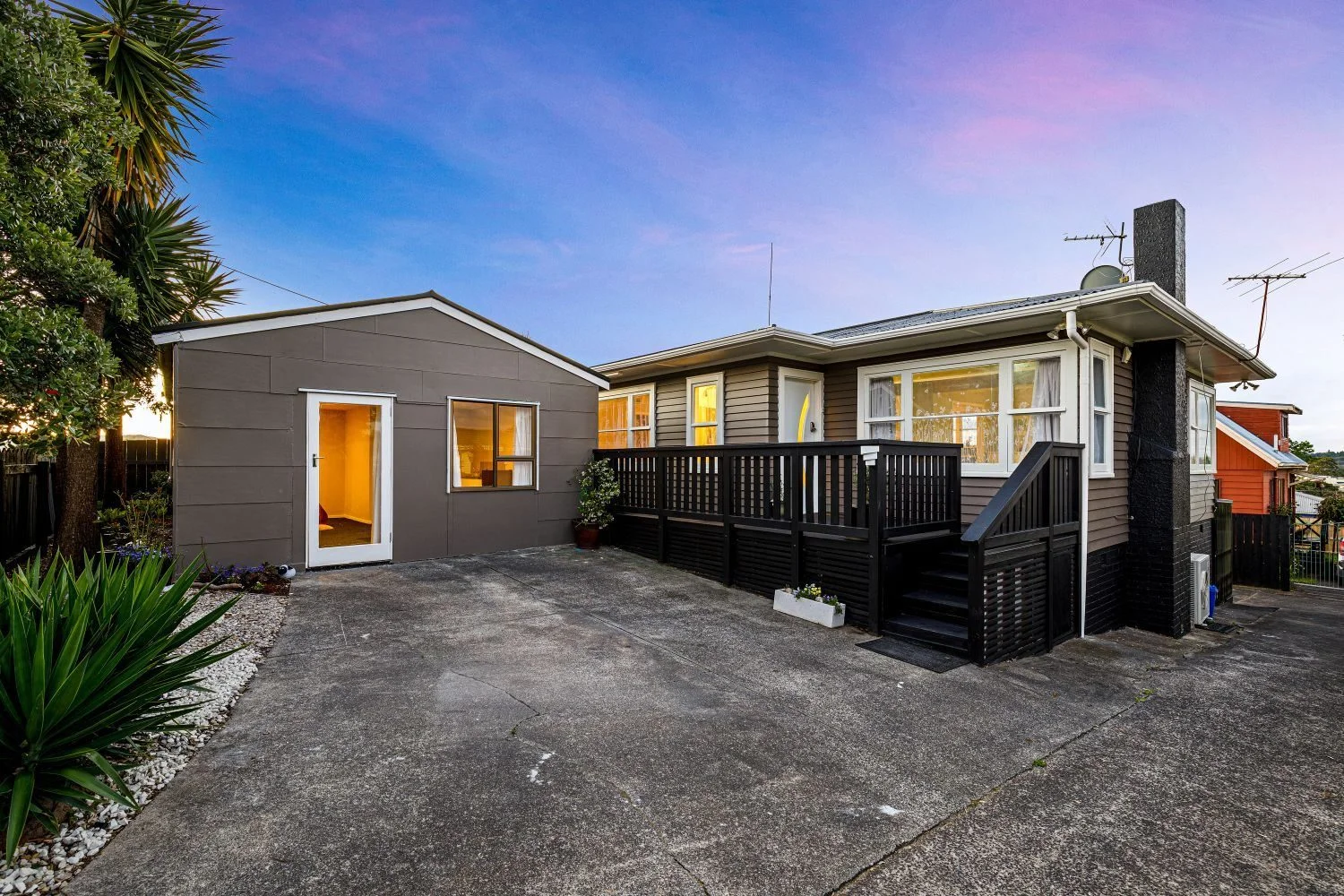Buying guide
How much deposit do I need to buy an investment property?
Before you buy you’re going to need to save a large portion of the purchase price. Find out how much you need.

Investment property deposit requirements New Zealand
How to buy an investment property with a small deposit
Buy a new build
If you already own your home you could use equity to purchase an investment.
Use home equity
Speak to a mortgage broker
Talk to a non-bank lender
There are several different ways to secure finance for an investment property.
Get help from an expert
Author
Other articles you might like
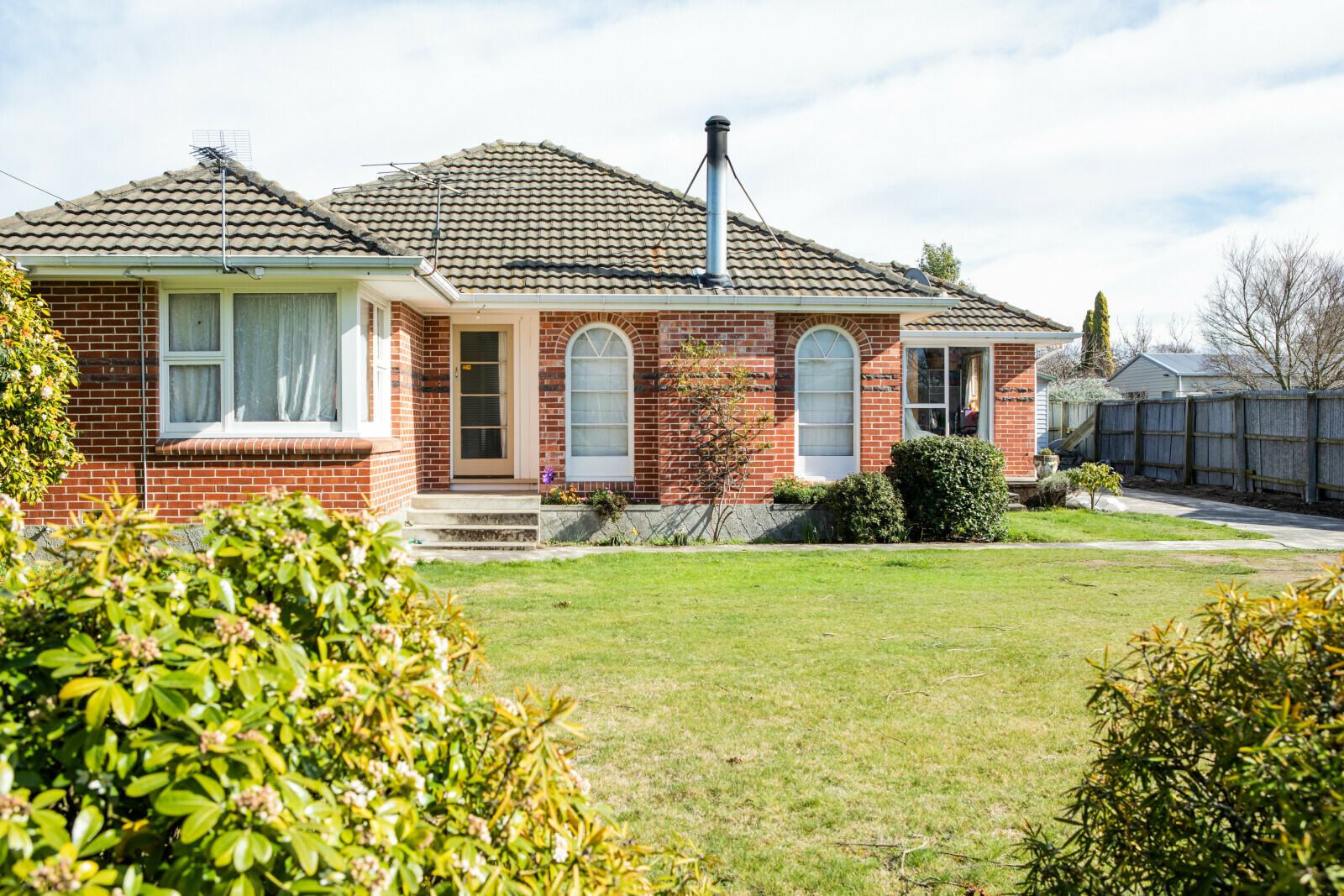
-fotor-2023122017758.jpg)
